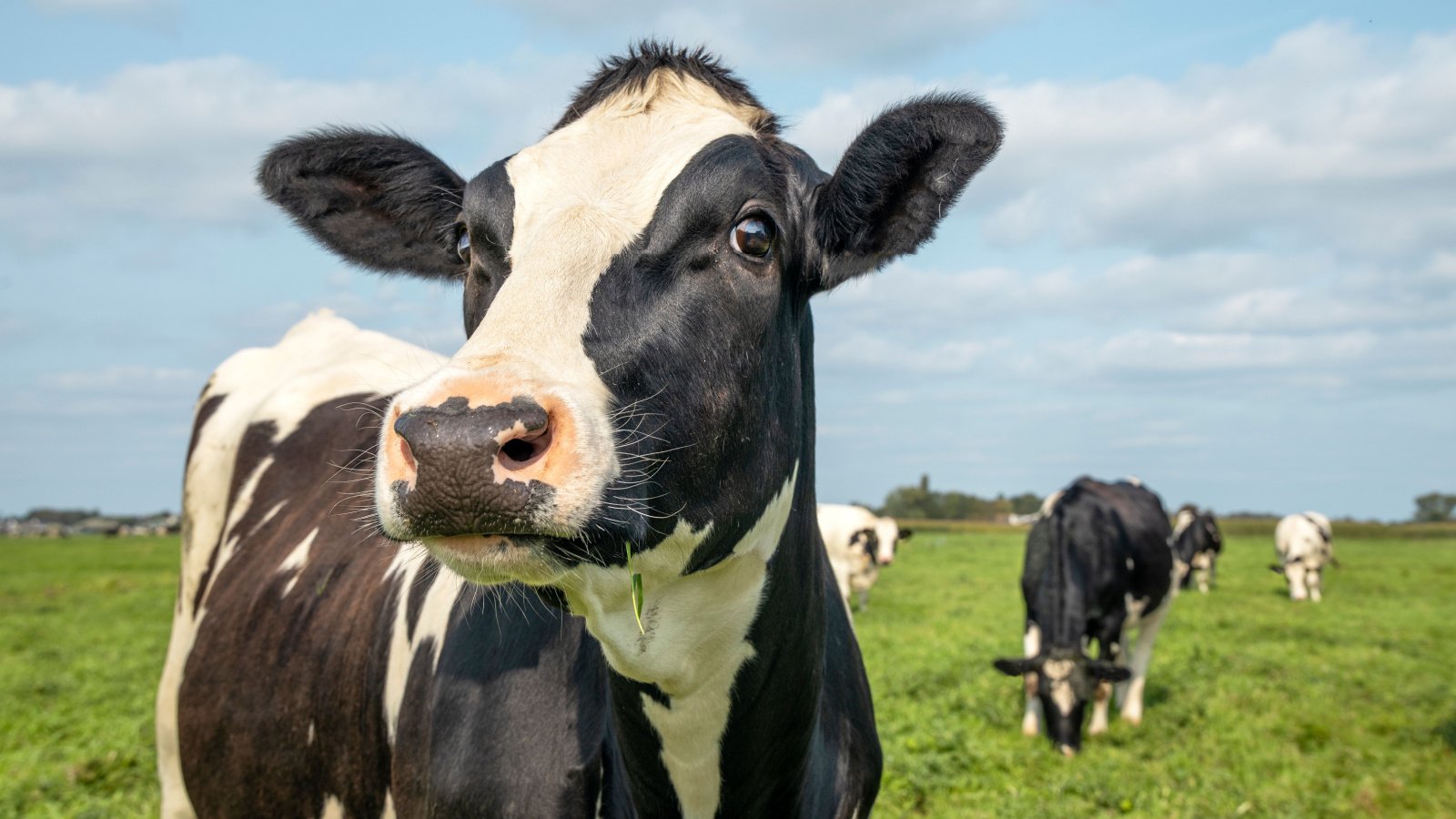Let’s visit the American South, where the tea is sweet, the peaches are fresh, and the magnolias are blooming. If y’all are new to these parts, you might not be familiar with the phrases we’re fixin’ to explore. So, without further carrying on, let’s take a closer look at the common sayings you’ll likely come across in the South.
Bless Your Heart

“Bless your heart” is not always a polite phrase. Depending on the context, it can be used to express pity towards someone’s ignorance or misfortune. It embodies the Southern knack for genteel diplomacy mixed with a pinch of sass.
Fixin’ To

“Fixin’ to” is a common prelude to an action in the South, indicating imminent plans or intentions. It means someone is about to do something very soon. Non-Southerners might simply say they are “about to” or “preparing to” embark on a task.
Over Yonder

When a Southerner refers to “over yonder,” they’re pointing out a location that could be a short walk or a few miles away. This term encapsulates the picturesque, expansive nature of Southern landscapes. It’s a charming way to describe distance with an air of rural nostalgia.
I Reckon

“I reckon” is a versatile phrase used to express agreement, assumption, or contemplation about a situation. It reflects a thoughtful, measured approach to giving opinions. This expression adds a touch of Southern authenticity to any conversation.
Hush Your Mouth

“Hush your mouth” is used to express surprise about what someone else has just said. It could be a playful response to a joke or a genuine reaction to unexpected news, making it a classic catchall, spoken with Southern charm.
Madder Than a Wet Hen

If someone is “madder than a wet hen,” they’re exceptionally furious about something. The comparison to a drenched chicken paints the intensity of the emotion with a rural flair.
Cattywampus

Describing something that’s askew or awry as “cattywampus” is a quintessentially Southern way to comment on chaos or disorganization. It could refer to anything from a unstructured event to a misaligned piece of furniture.
Buggy

In the South, a shopping cart is often referred to as a “buggy.” This term harks back to days when actual buggies were a common sight on the streets. It’s a charming example of how historical vernacular persists in modern Southern American English.
Till the Cows Come Home

Using “till the cows come home” means something could go on for an indefinitely long time. It’s a whimsical way to describe an extended duration rooted in the pastoral life of rural areas. This phrase captures the slow, enduring pace of the traditional Southern lifestyle.
Carry Me to the Store

When a Southerner asks someone to “carry me to the store,” they mean to ask for a ride there. This usage of “carry” instead of “drive” is a peculiar regionalism that might confuse outsiders. It’s a charming example of the informal, community-centric dialogue prevalent in the South.
Good Lord Willing and the Creek Don’t Rise

This phrase expresses a hope that nothing will interfere with future plans, invoking both divine will and the practical concern of flooding—a real issue in many Southern areas, reflecting the region’s deep connection to both faith and the land.
Full as a Tick

Describing oneself as “full as a tick” is a colorful way to express being extremely full from eating a big meal. It reflects the hearty, generous portions often associated with Southern cuisine.
Like Herding Cats

When Southerners say something is “like herding cats,” they mean it’s extremely difficult and nearly impossible, much like trying to direct a group of notoriously independent felines. This phrase is often used in a humorous context to describe chaotic or unmanageable situations.
Cut Off Your Nose to Spite Your Face

This idiom warns against actions that are intended to seek revenge but ultimately end up causing self-harm. It’s a cautionary piece of advice that’s as practical today as it was generations ago. Southern speakers use this expression to counsel prudence and foresight.
Slicker Than a Minnow’s Backside

Describing something as “slicker than a minnow’s backside” means it’s extremely smooth or slippery. This analogy draws on the aquatic life familiar to many Southerners.
Couldn’t Carry a Tune in a Bucket

If someone “couldn’t carry a tune in a bucket,” it means they are particularly bad at singing. This colorful Southern expression is often used affectionately to tease someone about their singing skills or lack of.
All Hat and No Cattle

When someone is described as “all hat and no cattle,” they’re all talk and no substance, similar to someone who dresses like a rancher but owns no livestock. This phrase critiques pretentiousness with a distinctly rural metaphor.
Hold Your Horses

“Hold your horses” is a call to slow down or wait a moment, originally referring to keeping one’s horse still. Today, it serves as a reminder to take a moment to think before acting. This expression is a nod to the region’s equestrian past and its lingering influence on the vernacular.
That Dog Won’t Hunt

Saying “that dog won’t hunt” means that a particular idea or plan will not work or is ineffective. It’s a straightforward way to express skepticism or doubt about the feasibility of a proposal. This phrase is steeped in the practical, no-nonsense mindset that pervades Southern culture.
You Can’t Make a Silk Purse Out of a Sow’s Ear

This old adage asserts that you can’t create something of value from poor-quality materials. It’s used to manage expectations realistically, whether in personal projects or in business. Southerners employ this saying to emphasize practical wisdom and the value of authenticity.
Sweating Like a Sinner in Church

“Sweating like a sinner in church” humorously captures the discomfort of being nervous or out of place. This phrase is often used in light-hearted, teasing conversations among friends.









Zu den zahlreichen Aktionen des Casinos gehört natürlich auch
ein Willkommensbonus. Sie erhalten nämlich ganze 30 Tage Zeit, um die Free Spins zu nutzen.
Zunächst einmal gilt, dass die Freispiele ohne Einzahlungen ausschließlich Spielern aus dem deutschsprachigen Raum, sprich Deutschland,
Österreich sowie der Schweiz zur Verfügung stehen.
Wenn Sie auf der Suche nach aufregenden Casino-Boni sind, bietet Wolfy Casino eine Vielzahl von Aktionen, die Ihr
Spielerlebnis verbessern sollen. Dies ist eine
gängige Praxis bei seriösen Online-Casinos und bietet
eine Vertrauensbasis für die Benutzer. Und wenn Sie noch mehr Möglichkeiten erkunden möchten, vergessen Sie nicht, unsere anderen Casinotests zu lesen,
um einen breiteren Überblick über das Angebot in der Online-Glücksspielwelt
zu erhalten. Wolfy Casino untersteht der Gerichtsbarkeit von Curaçao, was eine regulierte und sichere Umgebung für
Spieler gewährleistet. Ihr habt alle bekannten Tisch- und Kartenspiele sowie die
besten Spielshows zur Auswahl.
References:
https://online-spielhallen.de/royal-casino-cashback-ihr-weg-zu-mehr-spielguthaben/
No matter your schedule, you can always find a game
at Backgammon 247. Our social features are designed to make your gaming experience more
interactive and engaging. Stay ahead with early access to new features and updates, making your gaming experience smoother and more
enjoyable. Gain access to exclusive boards with unique designs that you won’t find anywhere else.
With VIP status, you’ll enjoy an ad-free environment, allowing you to focus entirely on your game.
You may not move your checkers onto a Point
with two or more opponent checkers. You may move your checkers onto any Point so long as it is occupied by your checkers, is
empty, or has 1 opponent checker. The numbers on the dice refer to how many spaces you may move with one or more checkers.
The gameplay on 247 Backgammon is seamless and you’ll quickly become addicted to
the beautiful artwork and perfect puzzle game.
This backgammon site even remembers your preferences every time you come back
so you’ll be set to play immediately! 247 Backgammon offers the best
backgammon game online.
Being the first to bear off also means that you need to stand in the way of your opponent
as much as possible. As such, you should avoid leaving a single checker
in one place for too long, as this runs the risk of it being returned to the starting position. Try to secure points
near your home board. When you have made your way around the board
(completed one circle), you can begin to bear off. This means that you and
a friend can play from the same phone or computer, simply passing the
phone to each other when necessary. However, the rules for this game are the same as outlined above.
References:
https://blackcoin.co/the-match-game-rules-wins-and-popular-strategies/
These tournaments allow you to compete against fellow players while enjoying your favorite games, with substantial
prize pools distributed among top performers. Instead of a one-off bonus, RocketPlay
stretches its welcome offer across your first deposits.This approach
keeps your balance reinforced over several sessions,
giving you more time to explore the lobby and settle into your
preferred style of play. Additionally, the free spins that you also get as
a part of this deposit bonus may have a separate maximum win limit.
This welcome deposit bonus from RocketPlay Casino
has wagering requirements of 40x bonus. If you deposit the minimum qualifying amount
(€20), you will get €20 of bonus money added to your casino account.
To claim this deposit bonus, you need to deposit at least €20
into your account.
Weekend gaming sessions receive an extra boost
through special Friday deposit incentives.Fund your account
on this designated day to unlock extra free spins and bonus perks, so
your weekend entertainment starts with enhanced resources.
All bonus amounts carry specific playthrough obligations before withdrawal becomes possible.
New members at RocketPlay receive a generous introductory package that
sets the foundation for an exciting gaming experience.The welcome bonus is structured across your initial deposits,
giving you extended value that goes beyond a single transaction. You should always make sure that you
meet all regulatory requirements before playing in any selected
casino.Copyright ©2025 Upon depositing a minimum of €20, your account will
be credited with a bonus worth €10. For example, let’s say that you deposit
€100 and get a match bonus of €50.
References:
https://blackcoin.co/parkview-funeral-home-walker-street-41-casino/
paypal casino android
References:
optimaplacement.com
online casino with paypal
References:
https://sengym.kr/bbs/board.php?bo_table=free&wr_id=22668
Hello! This is my first visit to your blog! We are a group of volunteers and starting a new project in a community in the same niche. Your blog provided us beneficial information to work on. You have done a extraordinary job!